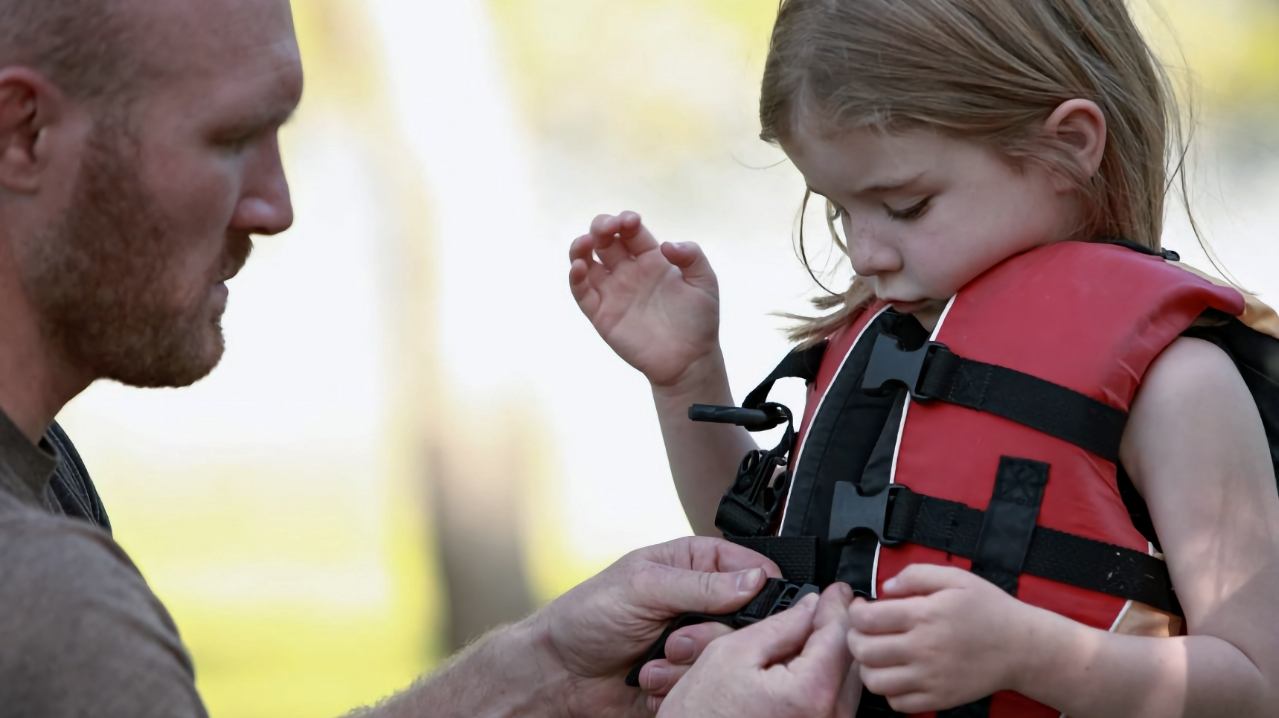Guide to Safe and Responsible Sailing
The best advice for every skipper is to always have respect for the sea, your vessel, and those around you, and to act preventively. There are countless situations on a boat that can go wrong, and even a small lapse in attention or poor judgment can lead to significant damage or even endanger the lives of your loved ones.
Skipper as the Leader
The skipper is the responsible person on board. It's crucial for the crew to agree to follow the skipper's decisions and advice, as coordination and respect for the chain of command are key to safe sailing.Listen to the Weather Forecast
Always monitor the weather forecast on designated channels and pay attention to navigational warnings. Sudden weather changes can catch you off guard, so preparation and constant information are essential.Check Equipment Regularly
Regularly check all safety and navigational equipment, including life jackets, fire extinguishers, navigation lights, and communication devices. Ensure that all equipment is ready for reuse after each use.Keep Things Organized
Maintain order on deck and in the cabins to minimize the risk of accidents. Unsecured equipment or a cluttered boat can cause tripping or falling, especially in emergency situations.Check Fluids
Regularly check the fluids in engines, oil levels, and fuel supplies. Checking fuel levels before each departure is crucial to avoid being stranded without power.Manage Power Wisely
Be aware of your power consumption on the boat, especially with regards to battery charging. Proper maintenance of batteries, especially the one used to start the engine, can prevent inconvenient breakdowns.Be Cautious in Port
Be extremely cautious when entering and leaving the port. Watch out for larger ships and their maneuvers, as improper maneuvering can lead to collisions or damage to your vessel.Watch Out for Mooring Lines
In marinas or harbors, be careful not to snag mooring lines that may be around. Additionally, always consider the effects of currents, wind, and propeller wash when docking or departing.Do Not Leave Autopilot Unattended
Never use the autopilot without visual supervision. All major accidents with fatalities occurred due to a lack of control over the autopilot.Safety Measures on Inflatable Boats
When using an inflatable boat or jet ski, always wear the safety wrist strap that automatically cuts the engine if you fall overboard. Read our article on inflatable boat safety for more tips.In Case of Emergency
If you need to call the EmergenSea network for assistance at sea, stay calm and communicate clearly. Provide accurate information to facilitate the intervention and minimize response time. Quick and clear communication can be crucial to the outcome of the intervention. Save the EmergenSea number to your phone: 0996 112 112!


